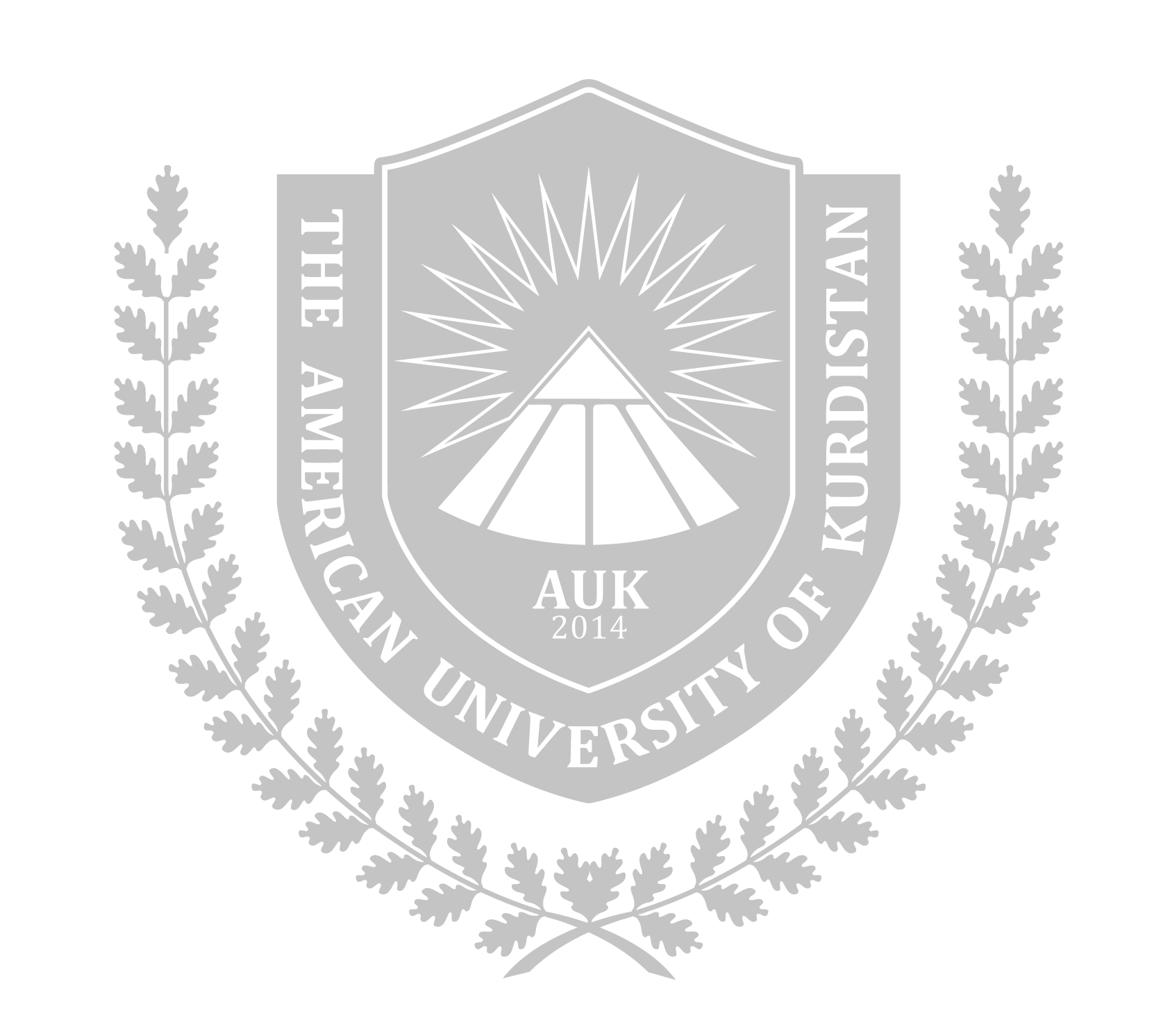AUK endorses and adheres to a Donor Bill of Rights that was developed by the American Association of Fund-Raising Counsel (AAFRC), Association for Healthcare Philanthropy (AHP), Council for Advancement and Support of Education (CASE), and the Association of Fundraising Professionals (AFP), and adopted in November 1993, stating:
Donor Bill of Rights
Philanthropy is based on voluntary action for the common good. It is a tradition of giving and sharing that is primary to the quality of life. To assure that philanthropy merits the respect and trust of the general public, and that donors and prospective donors can have full confidence in the not-for-profit organizations and causes they are asked to support, we declare that all donors have these rights:
- To be informed of the organization's mission, of the way the organization intends to use donated resources, and of its capacity to use donations effectively for their intended purposes.
- To be informed of the identity of those serving on the organization's governing board, and to expect the board to exercise prudent judgment in its stewardship responsibilities.
- To have access to the organization's most recent financial statements.
- To be assured their gifts will be used for the purposes for which they were given.
- To receive appropriate acknowledgment and recognition.
- To be assured that information about their donations is handled with respect and with confidentiality to the extent provided by law.
- To expect that all relationships with individuals representing organizations of interest to the donor be professional in nature.
- To be informed whether those seeking donations are volunteers, employees of the organization or hired solicitors.
- To have the opportunity for their names to be deleted from mailing lists that an organization may intend to share.
- To feel free to ask questions when making a donation and to receive prompt, truthful and forthright answers.
AUK will follow the guidelines promoted by CASE in executing all philanthropic solicitations, activities, and events.
CASE Statement of Ethics
Institutional advancement professionals, by virtue of their responsibilities within the academic community, represent their colleges, universities, and schools to the larger society. They have, therefore, a special duty to exemplify the best qualities of their institutions and to observe the highest standards of personal and professional conduct.
In so doing, they promote the merits of their institutions, and of education generally, without disparaging other colleges and schools. Their words and actions embody respect for truth, fairness, free inquiry, and the opinions of others.
They respect all individuals without regard to race, color, sex, sexual orientation, marital status, creed, ethnic or national identity, handicap, or age.
They uphold the professional reputation of other advancement officers and give credit for ideas, words, or images originated by others.
They safeguard privacy rights and confidential information.
They do not grant or accept favors for personal gain, nor do they solicit or accept favors for their institutions where a higher public interest would be violated.
They avoid actual or apparent conflicts of interest and, if in doubt, seek guidance from appropriate authorities.
They follow the letter and spirit of laws and regulations affecting institutional advancement.
They observe these standards and others that apply to their professions and actively encourage colleagues to join them in supporting the highest standards of conduct.
The CASE Board of Trustees adopted the above Statement of Ethics to guide and reinforce professional conduct in all areas of institutional advancement. The statement is also intended to stimulate awareness and discussion of ethical issues that may arise in our professional activities. The Board adopted the final text on July 11, 1982.
